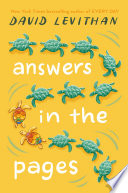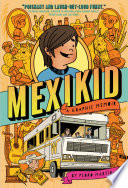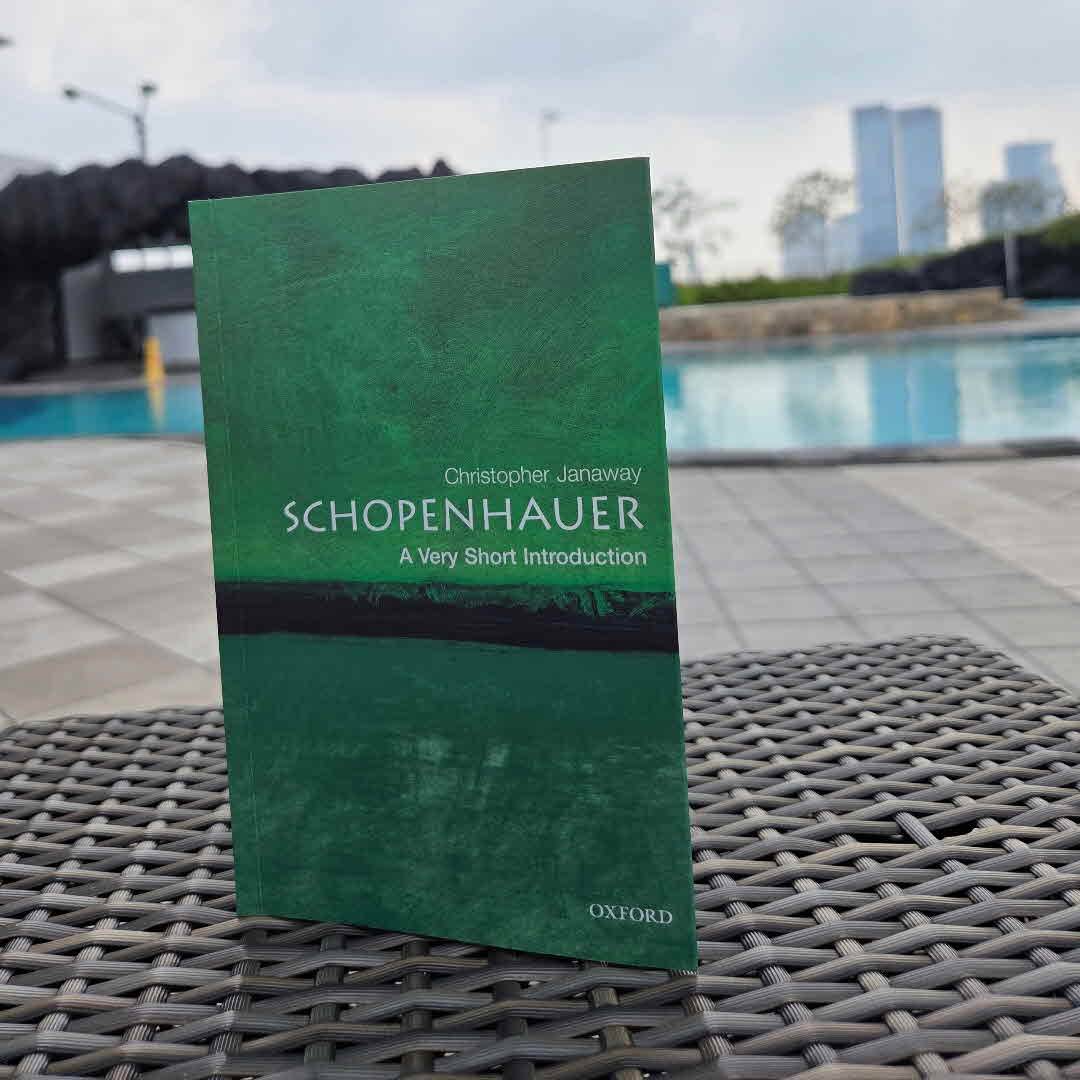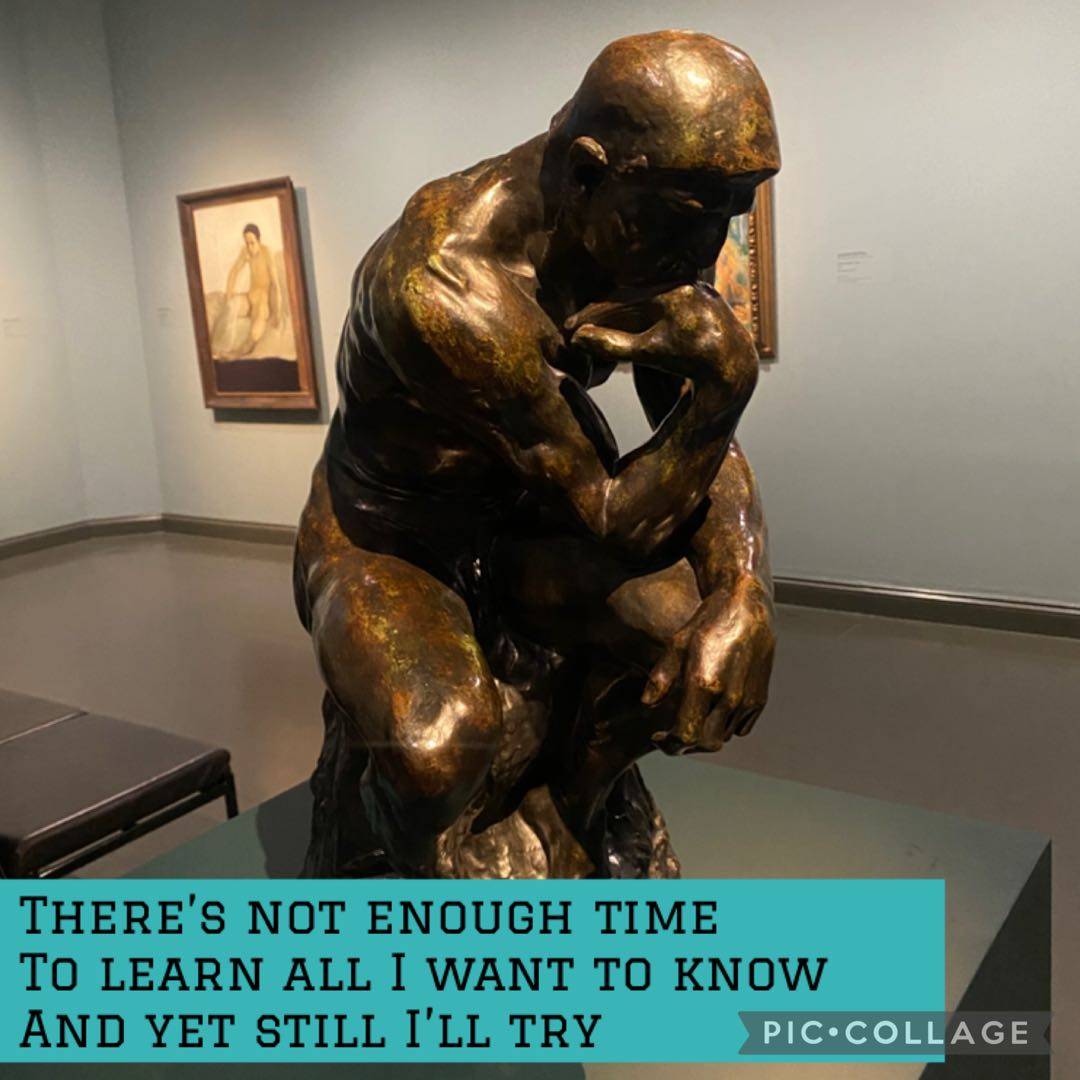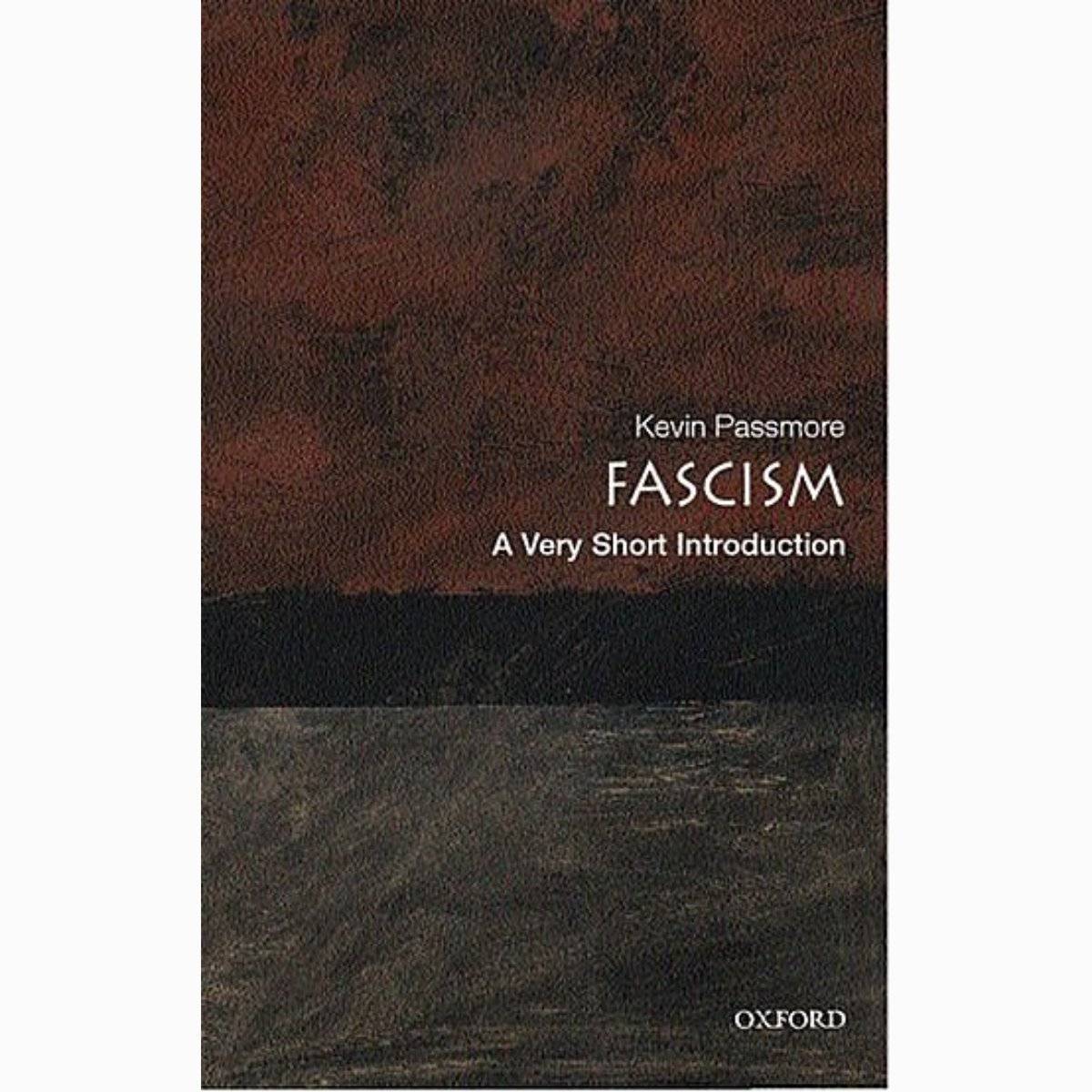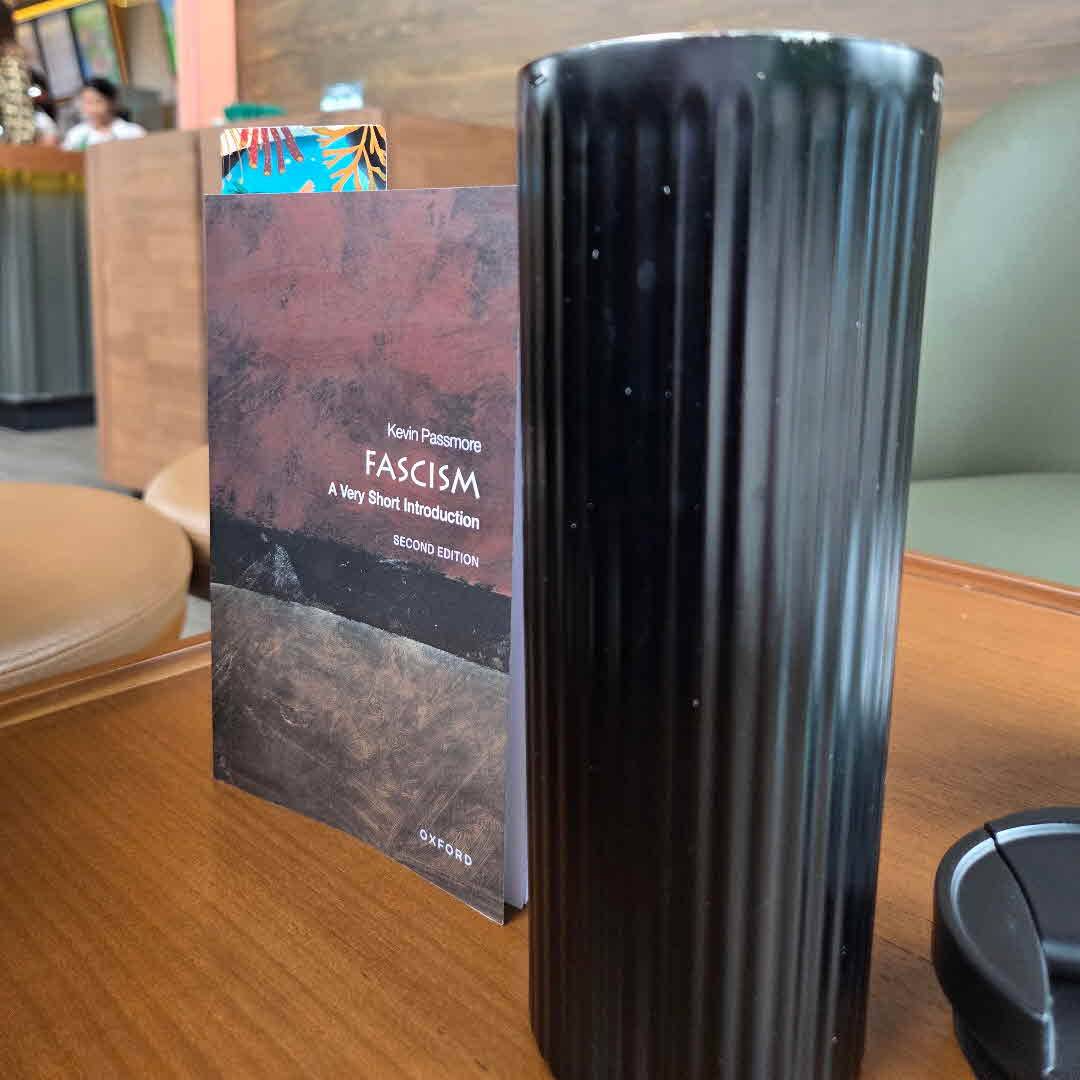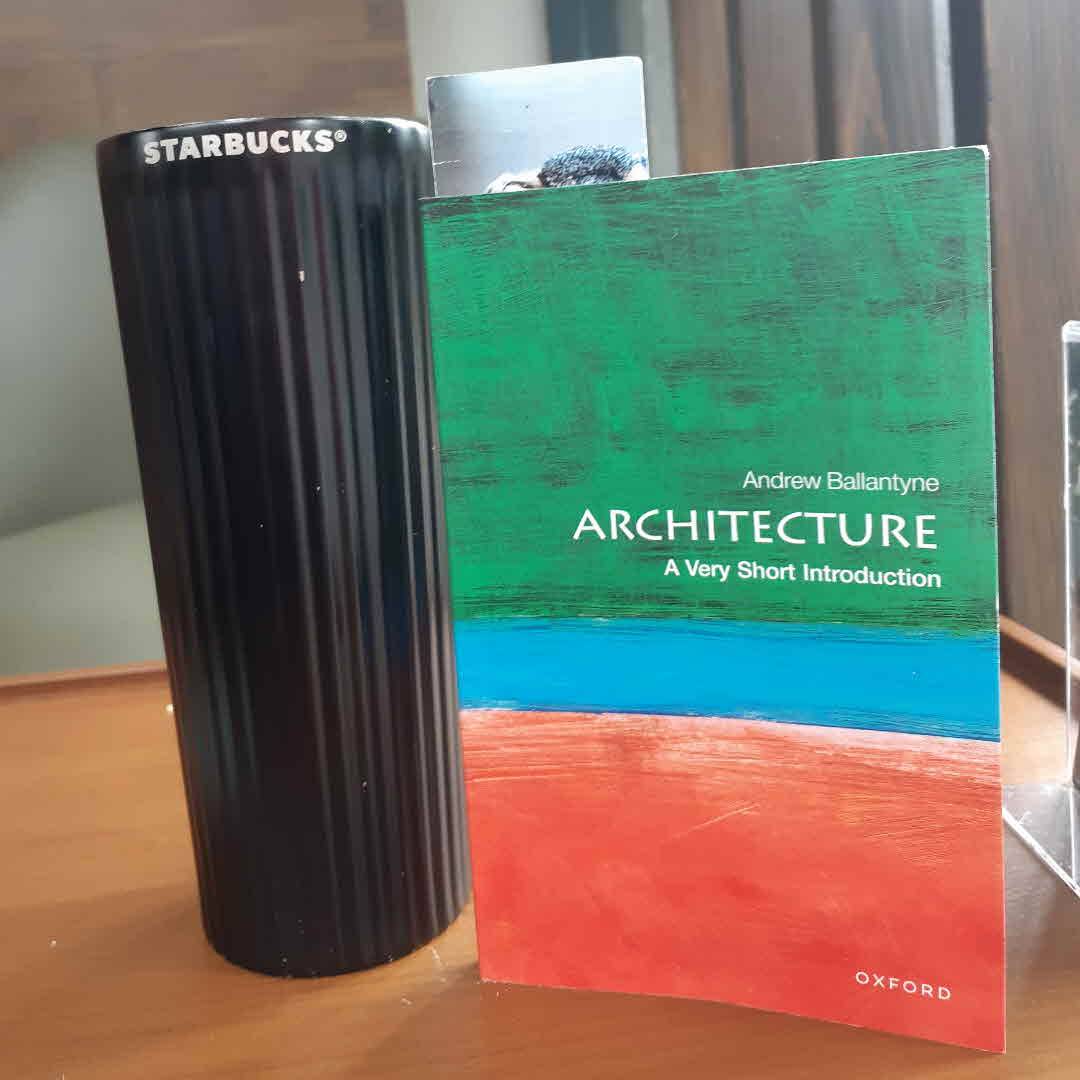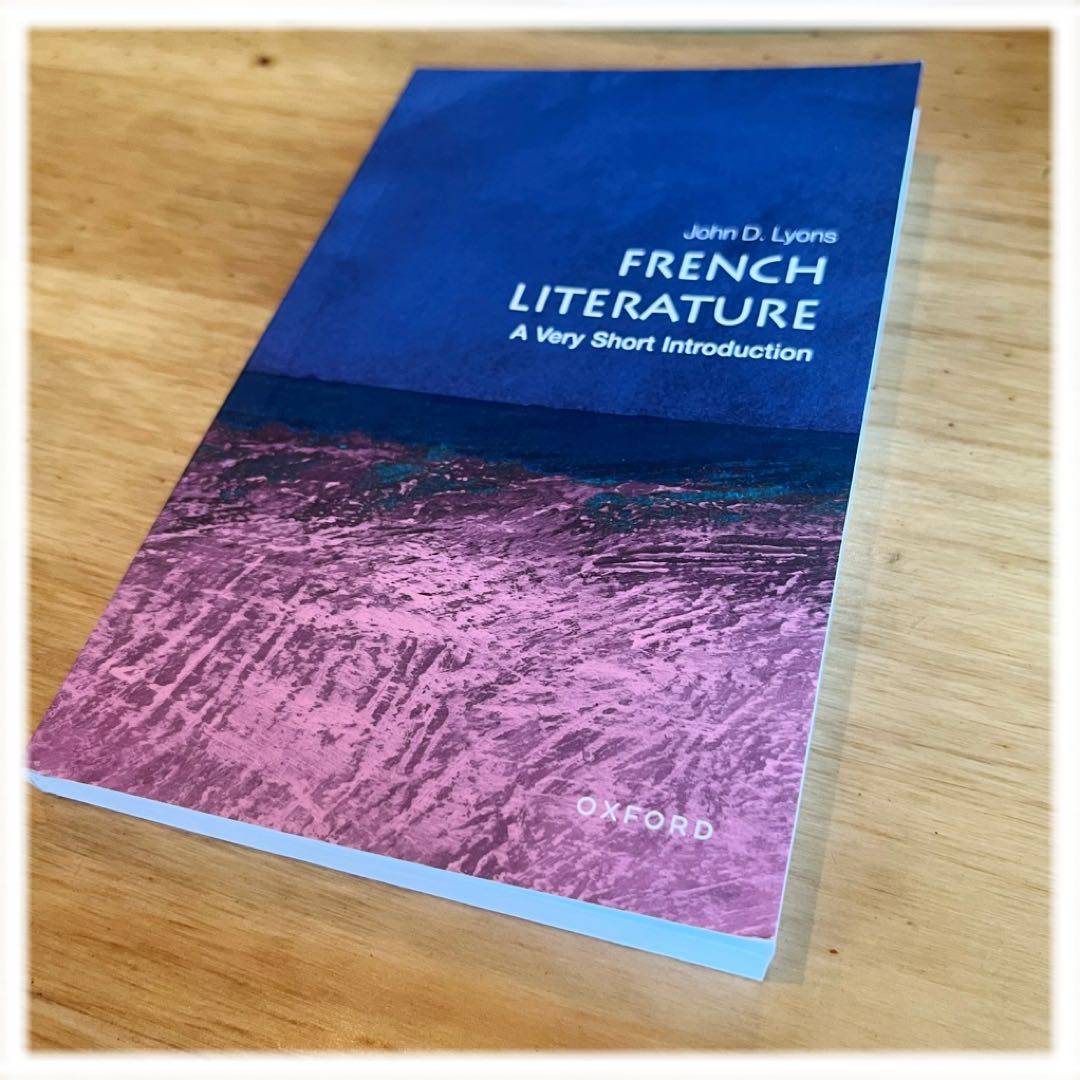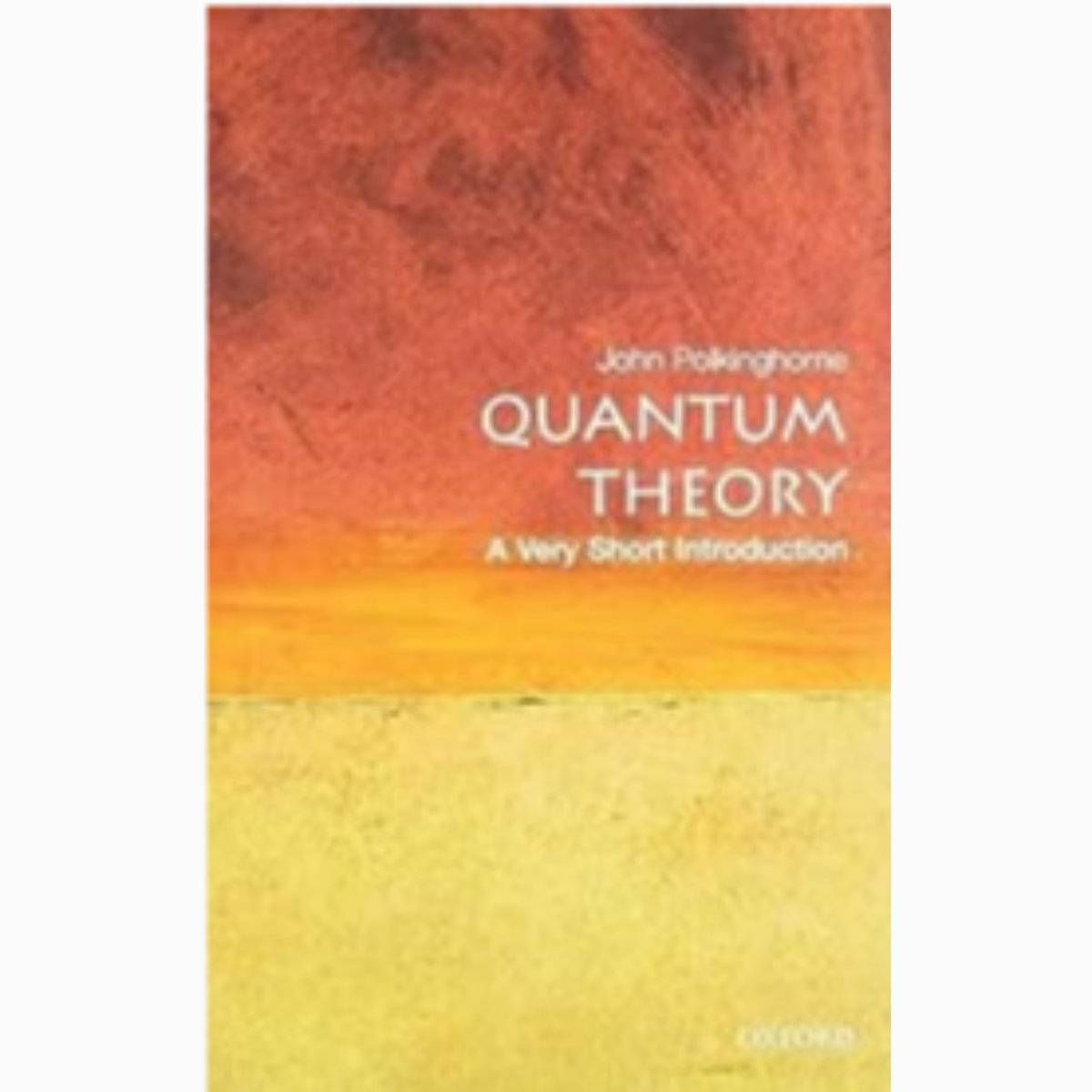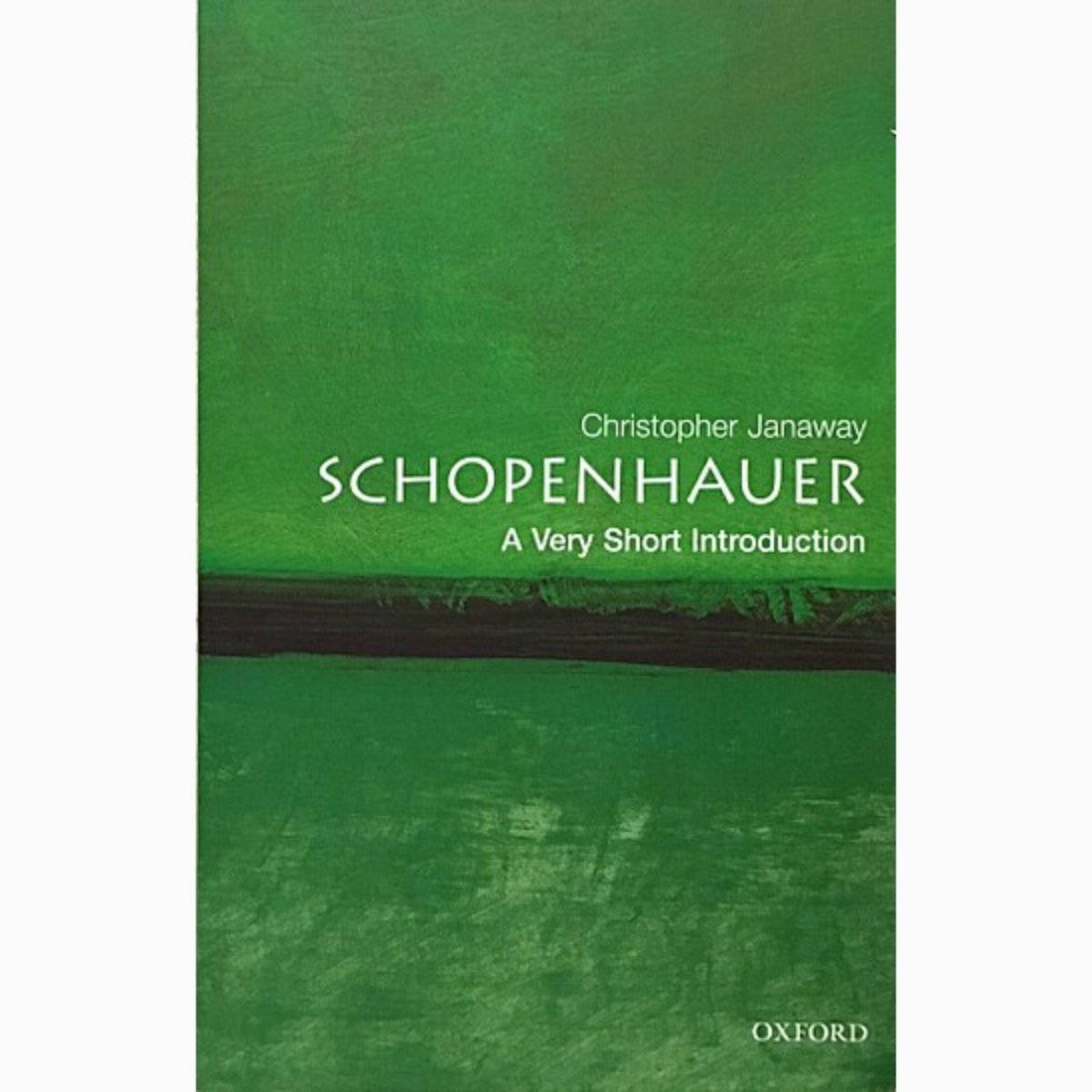
I knew nothing about Schopenhauer going in, and if asked I would probably have guessed that he was a composer. I didn't really understand the explanation about Schopenhauer's theory of the Will as the meaning seemed to slip and slide about and just as I thought I was beginning to understand it the concept changed. I don't know who was at fault, me, the author, or Schopenhauer.








